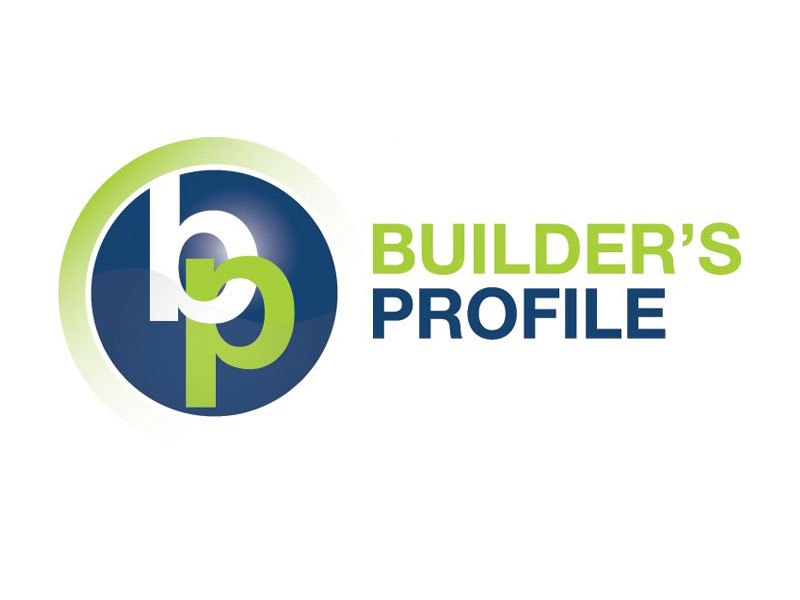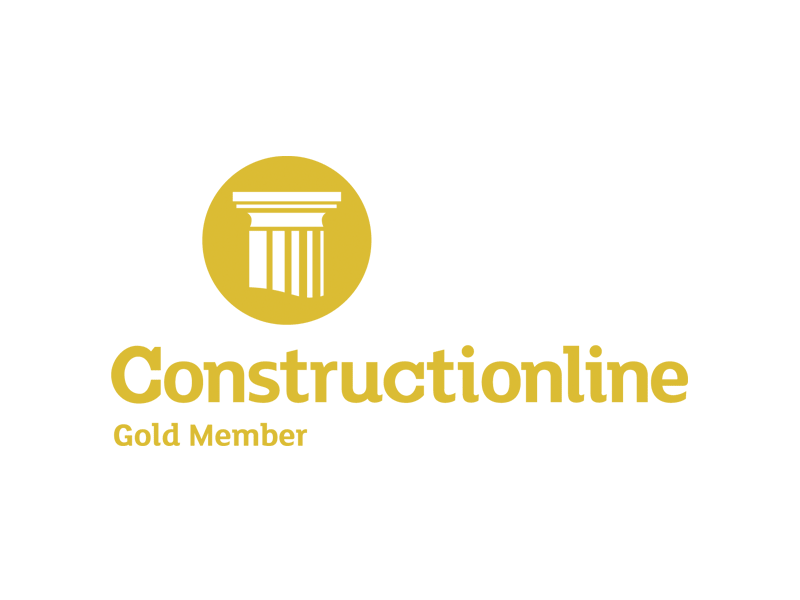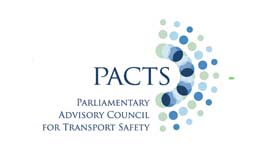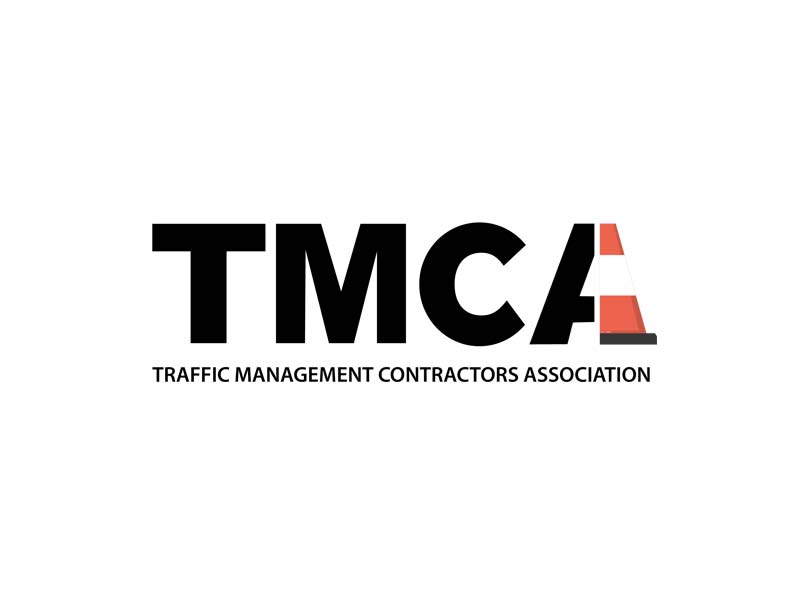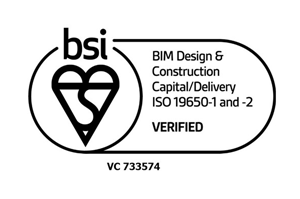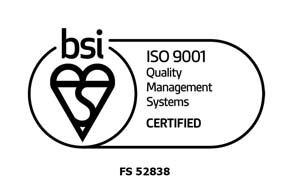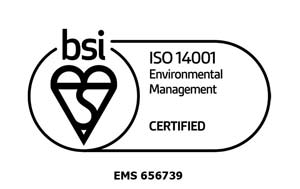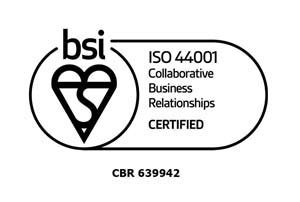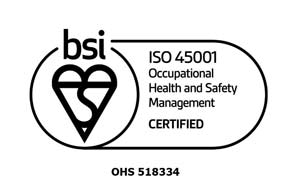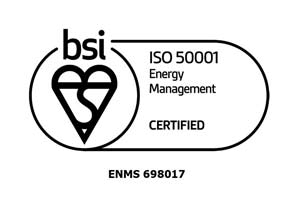Lifestyle and Dietary Habits
Lifestyle has a role in the prevention and treatment of diseases. An inactive lifestyle can increase an individual’s risk of developing heart disease as much as smoking a pack of cigarettes per day.
Although we all acknowledge the benefits of eating healthy, our patterns may lean more toward unhealthy choices – either excessive, unbalanced, or quick meals and fast food.
Good nutrition can decrease the possibility of developing diseases such as hypertension, heart disease, stroke, diabetes, and cancer. Beside physical health issues that you might develop, your lifestyle and eating habits can also affect your mental health - anxiety and depression.
Signs of decreased nutrition and/or eating disorder:
- Spending a lot of time worrying about your weight and body shape
- Avoiding socialising when you think food will be involved
- Eating very little food
- Deliberately making yourself sick or taking laxatives after you eat
- Excessive or fluctuating exercise patterns
- Having very strict habits or routines around food
- Obsession with calorie counting
- Making food but not eating it
Symptoms:
- Faintness, dizziness and fatigue
- Problems with your digestion
- Inability to think rationally or concentrate
- Anxiety or depression
- Increased mood changes
- Irritability
What do you need to do?
Build habits not willpower! Habits are easy to follow and by replacing the bad habits with good ones, you will see the benefits of a healthy lifestyle. Regardless of age every man has unique physical needs and a diet should fit with your lifestyle.
Use a strategy that works for you: know your portion sizes and how much you need to eat. For a healthy balanced nutrition, start with 4 basic steps:
- Try eating breakfast in the morning to fuel your body adequately for the day.
- Don’t go more than 3-4 hours without eating something.
- Drink enough water! You need to hydrate the body but remember that water alone can’t replace a meal.
- Make sure you eat a variety of foods for an optimal nutrition.
If your goal is a healthy lifestyle try to exercise, sleep well, eat a well-balanced diet and healthy, meditate, form healthy relationships and don’t forget to laugh.
Reach out to your doctor if you have concerns about possible dietary deficiencies and seek professional advice from registered dietitians or nutritionists. Seeking support from others and professional help can be important. Remember: an early intervention maximises prospects of
recovery.











